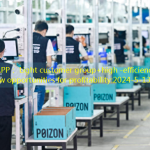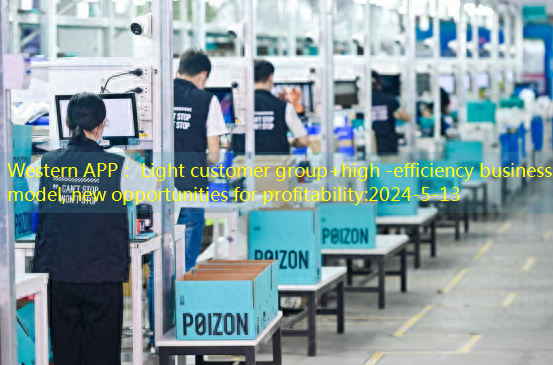Voluntary carbon markets (VCMs) have undergone significant scrutiny and change in recent years, characterised by allegations of ‘greenwashing’ and concerns about the integrity of carbon credits. However, amidst growing pressure for greater trust and transparency, voluntary carbon markets are making a comeback, fuelled by enhanced monitoring and certification frameworks.
The changing dynamics within the voluntary carbon market were highlighted in the recent BusinessGreen webinar ‘Prizes and Pitfalls: Navigating the Voluntary Carbon Market in 2024’ webinar. The panellists discussed the challenges faced by market participants and the progress made in restoring confidence and attracting investment.
Georgia Berry, Head of UK and European Policy at Patch, the leading carbon market platform, acknowledged the negative press surrounding dubious projects in 2023. However, she expressed optimism about the industry’s collective efforts to improve transparency and highlight effective projects. Berry emphasised the importance of differentiating between reputable players and high-integrity projects, which bodes well for a more positive shift in 2024.
Patch works with buyers and project developers to facilitate the procurement of high integrity carbon credits. Berry noted that the growing sophistication of carbon market integrity standards is helping to build trust and guide investment decisions.
The proliferation of voluntary carbon market standards and guidelines can sometimes be confusing for buyers. That said, initiatives such as the Committee on Integrity in Voluntary Carbon Markets (ICVCM) and the Voluntary Carbon Market Integrity Initiative (VCMI) aim to streamline the process and provide clarity for market participants.
Key developments, including the adaptation of carbon accounting principles by major registries and co-operation between regulators, are driving convergence and improvements in project quality standards. The role of governments in providing regulatory clarity and setting targets for carbon credits and removals is also seen as key to stimulating market growth.
The Science Based Targeting Initiative (SBTi) is playing a key role in guiding business decisions. Jim Mann, Chief Executive of Carbon Removal at the United Nations Development Organisation (UNDO), has emphasised the importance of scaling up investment in carbon removal projects in order to effectively meet net-zero carbon emission targets by mid-century.
Financial institutions such as Barclays are actively involved in advising and financing carbon removal technologies. Jeremiah Lim, Director of Sustainability and Impact Investment Banking at Barclays, emphasised the importance of long-term offtake contracts in providing certainty for investors and developers.
The fundamentals of the carbon removal market remain strong despite global economic uncertainty and geopolitical tensions, and Lim emphasised the resilience of carbon removal investments and their role as a hedging tool for companies with long-term sustainability commitments.
Looking ahead, the role of voluntary carbon markets in facilitating carbon removal projects will help to meet climate targets. With the scientific community unanimously emphasising the need for carbon removal in mitigating climate change, the voluntary carbon market is expected to mature and expand by 2024, paving the way for a more sustainable future.
















+ There are no comments
Add yours